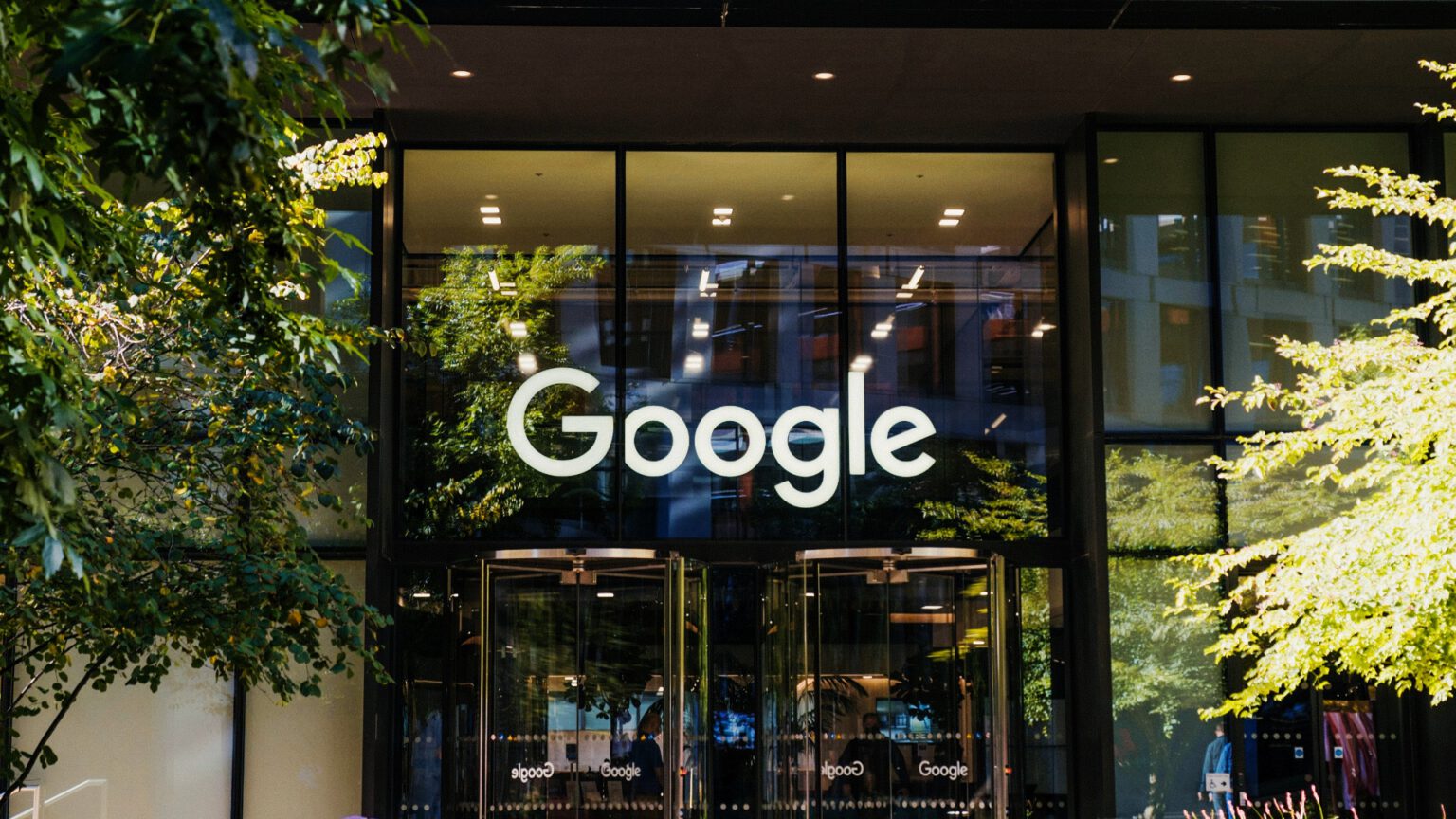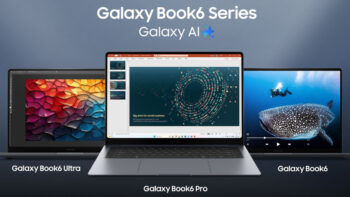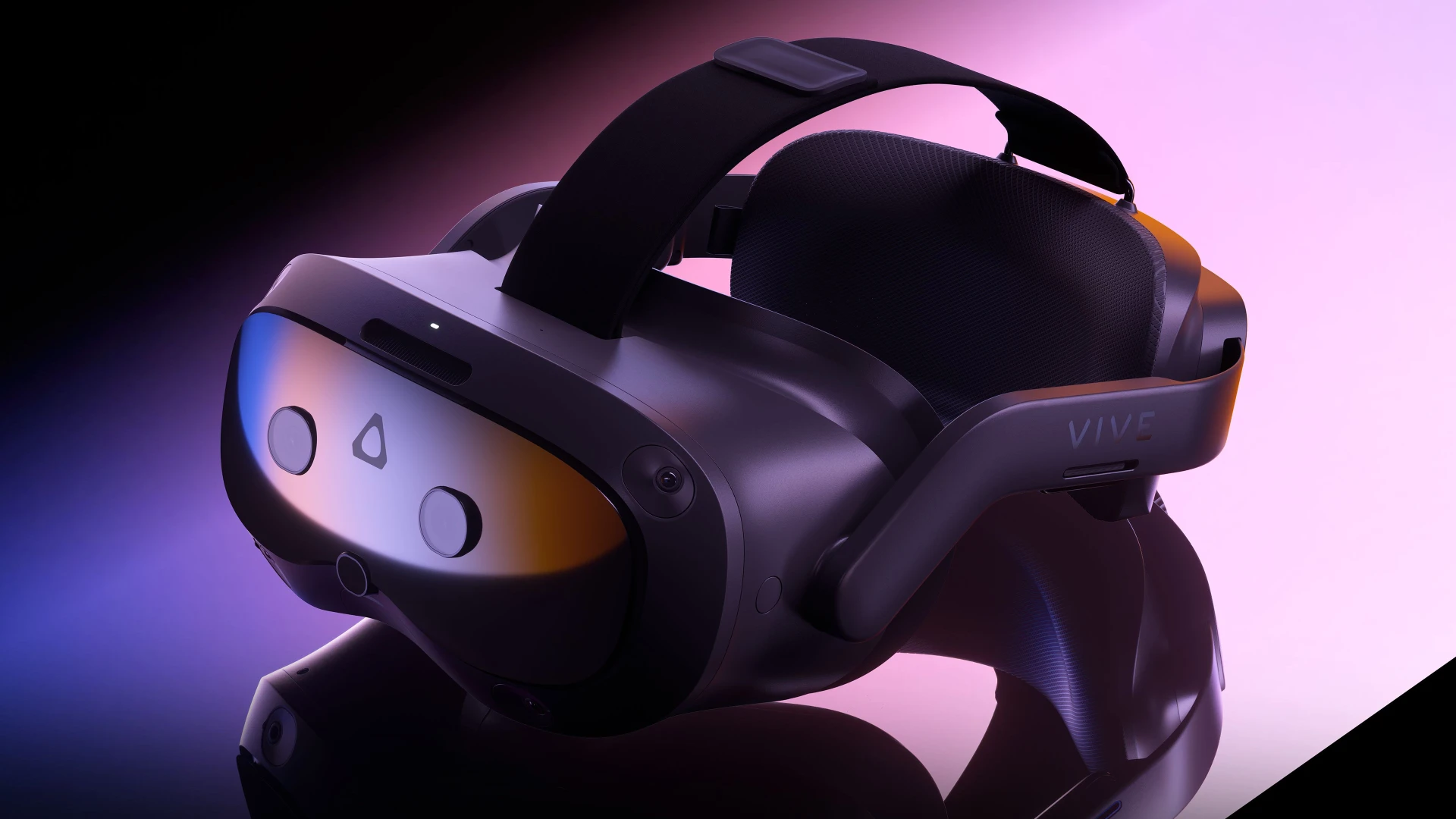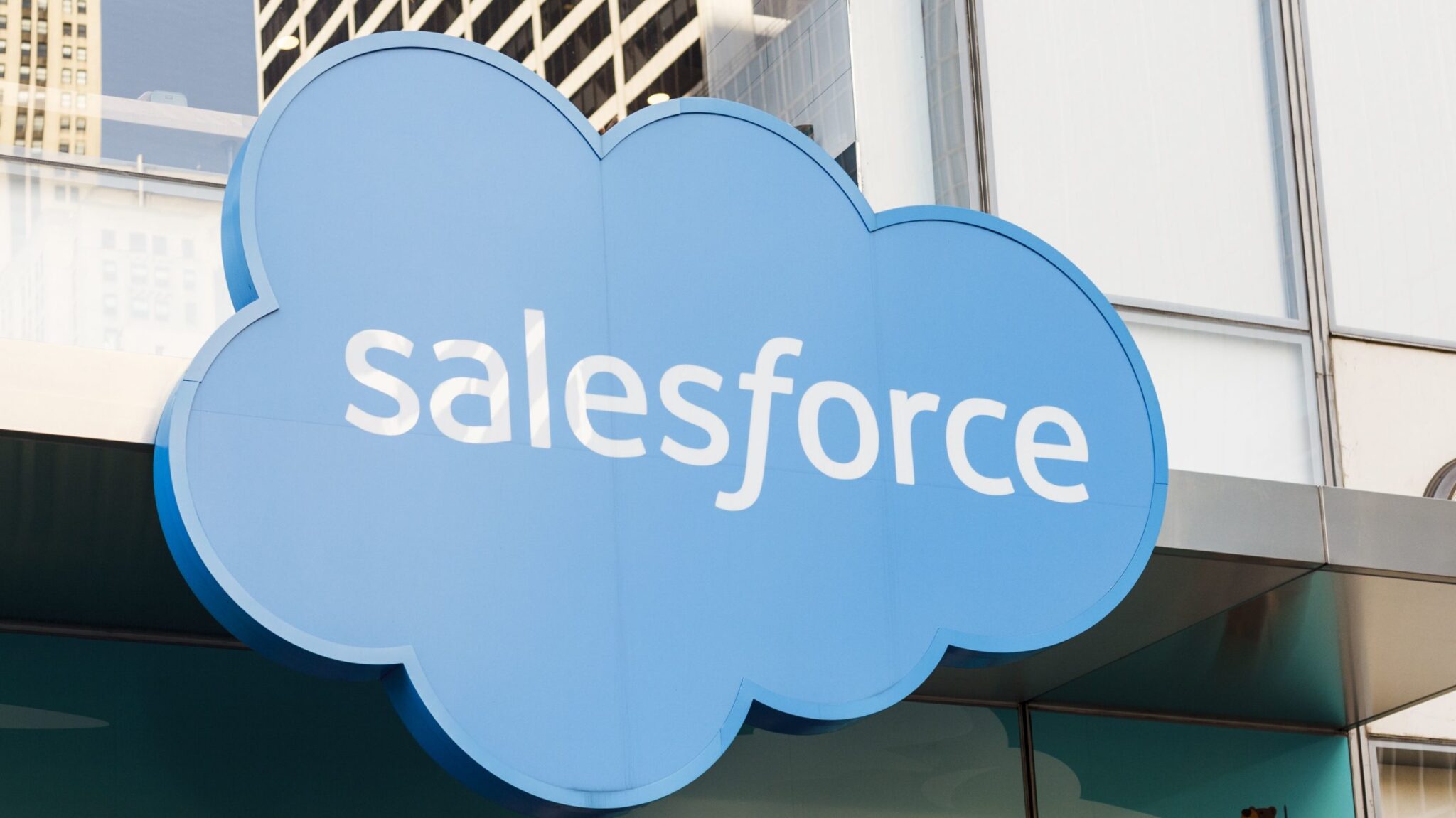Google has just pulled off another manoeuvre in the race for dominance in artificial intelligence, acquiring key employees of start-up Windsurf and licensing its technology to generate code. The deal doesn’t involve a share acquisition, but amounts to $2.4 billion in royalties – one of the largest examples of so-called ‘acquihire’ deals in the AI industry.
Windsurf, a young startup specialising in AI for automatic code generation, was recently in talks with OpenAI, which was considering acquiring it for around $3 billion. In the end, however, it was Google that managed to secure access to its know-how without breaking strict antitrust laws. The structure of the deal does not involve an acquisition of control – Alphabet is not acquiring a stake and Windsurf’s investors are keeping their holdings and gaining liquidity through a licence fee.
Joining Google DeepMind are Windsurf CEO Varun Mohan, co-founder Douglas Chen and part of the R&D team. Their task will be to develop so-called coding agents – components of the Gemini project, Google’s flagship AI venture. This is another sign that code generation has become one of the most strategic and growing branches of AI applications, alongside language models and conversational agents.
This is also another case of Big Tech bypassing full-fledged acquisitions. Over the past year, similar moves have been made by Microsoft ($650m deal with Inflection AI), Amazon (Adept AI team) and Meta (49% stake in Scale AI), among others. These unusual structures, often balking at acquisitions, allow them to bypass regulatory reviews, although they are increasingly coming under the radar of antitrust authorities in the US.
Google, with its decision, not only strengthens DeepMind’s position, but also shows that the AI race is no longer just about data or models – but about the people who can create them. The future will belong to those who can combine talent with technology, regardless of the formal structure of the deal.












